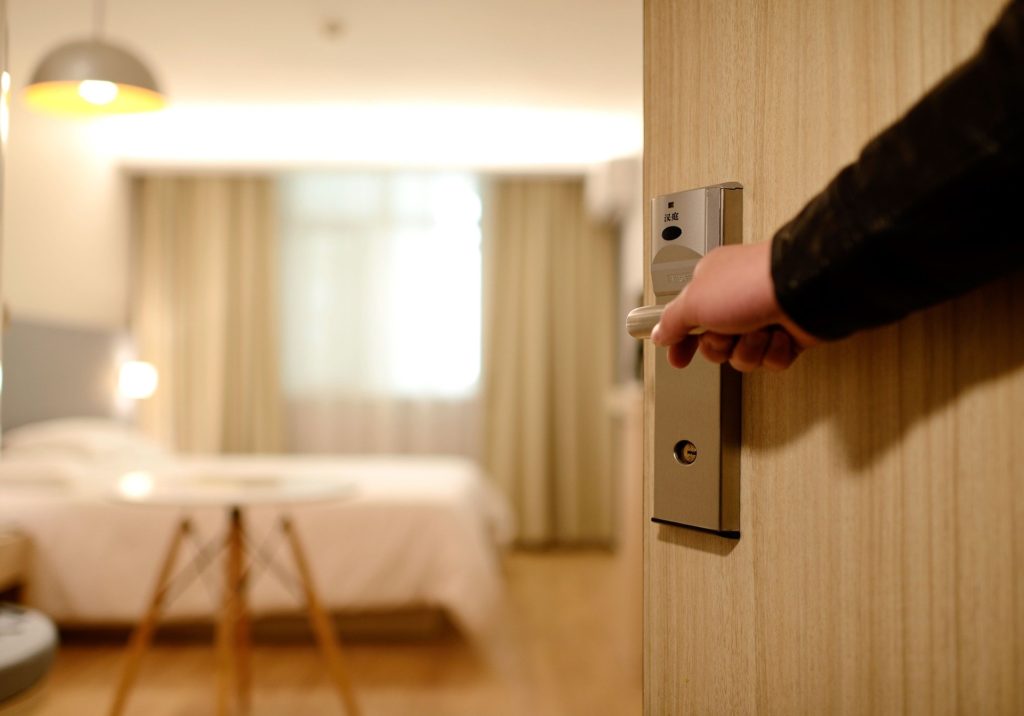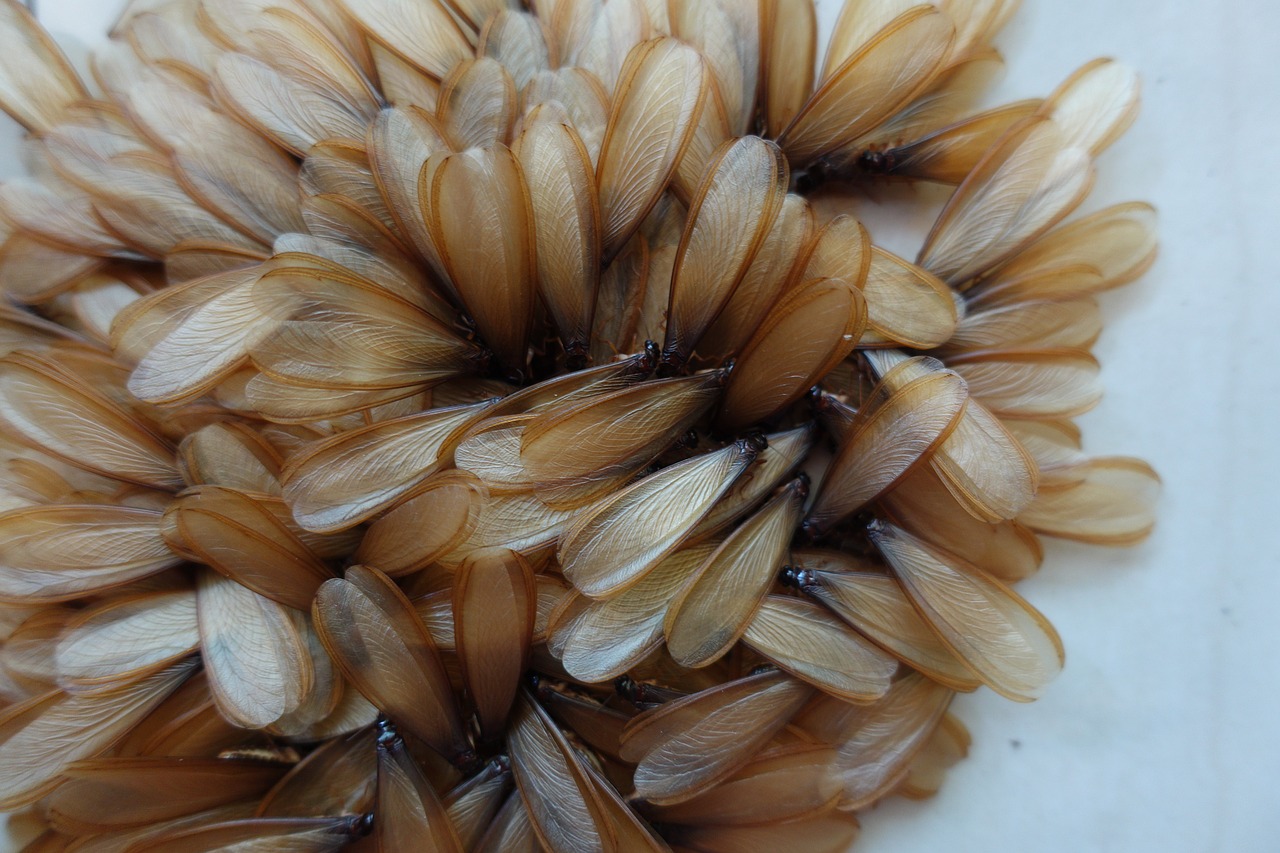Termite tenting is one of the most effective ways to get rid of termites. The process works by covering your entire home with a tent and filling it with a toxic gas. This gas will seep through your entire home and kill the termites for good. Yes, termite tenting is really effective against these critters, but this doesn’t mean you shouldn’t play your part. Here are the termite tenting preparations you should do to make the process more effective and safer.
1. Preparations with your pest controllers
Termite tenting is done by professional pest controllers only. It’s too dangerous to do for amateurs. One of the first termite tenting preparations you should do is to check the legitimacy of your pest controllers.
- Make sure they are certified. Pest controllers need to be certified before they can legitimately operate as a business or individual. It also helps if they are a member of a pest control community, like the National Pest Control Association.
- Read the contract before committing to termite fumigation. How will the pest controllers do the termite fumigation? What chemicals do they use? How long will the process last? These are just some of the questions you want to be answered before committing to pest controllers.
2. Preparations for you and your family
Termite tenting usually lasts two to three days. And because of the toxic chemicals being bombed into your home, the place will not be safe for you and your family. Keep this in mind when doing termite tenting preparations.
- Find a place to stay. Know the starting date of the termite fumigation. Prepare early. Find accommodation even before the starting date.
- Don’t forget about your pets and plants. You and your family are not the only ones moving out of the house. Your pets and plants will need to move out too. They are just as vulnerable to toxic chemicals as humans. If you can’t bring your plants with you, at least leave them outside the tenting zone.

3. Preparations for your home
Professional pest controllers know what they are doing. They can gauge the proper amount of gas they will bomb into your home to reach even the tiniest cracks and holes. But there are some things you can do to make the process even better.
- Unlock everything and leave them open. Unlock everything that can be unlocked, such as doors, windows, and cabinets. Leave them open to let the toxic chemicals do their thing inside of them. If you have furniture or upholstery that is still covered with plastic, unwrap it to let the toxic chemicals seep through. You don’t want termites to have a safe haven during the fumigation.
- Unplug all appliances and turn off the gas. It’s always ideal to unplug all appliances and turn off the gas every time you leave your home for a long period of time. Though the pest controllers will help you make your home safe for fumigation, you should be proactive. It’s not their job to unplug and turn things off around your property.
4. Preparations for your home items
The toxic chemicals are sometimes too effective. They don’t just seep through your home. They seep through your home items as well, from big items like furniture to small items like pillowcases. Sure, you want your furniture to be bombed with the chemicals too, but consumables and linens are another story.
- Double seal or relocate consumables. Seal all food and water items. If you are doubtful, do a double seal for extra protection from the toxic chemicals. But the better approach would be to relocate these consumables. Bring them with you to your accommodation or ask a neighbor to store them in their cabinets or refrigerators in the meantime.
- Remove linens. All the fabrics around your home should be removed, including beddings, pillowcases, and curtains. You may want to leave your mattresses so they can be bombed with the chemicals too, but you can also take them out and store them in a safe place temporarily. It’s a hassle for sure. But it can be better than lying down on a bombed mattress.

5. Preparations for your personal items
Remember that the toxic chemicals for fumigation will seep through everything inside the termite tent. This puts all your personal items at risk of contamination. The last things you want to see after arriving home are your personal items contaminated by toxic chemicals.
- Pack your clothes. Take note that your cabinets are unlocked and wide open. Your clothes are not safe from the toxic chemicals for fumigation. Pack them up. Double pack them if you are doubtful. But like the consumables in your home, they are best relocated temporarily.
- Take your personal items with you. You will probably stay in a hotel or something similar. You will be able to bring some personal items with you and not have the burden of carrying them around for two to three days. Just dump them in a corner of your hotel room. Bring as many personal items as you can to minimize contamination.
6. Preparations for your home’s exterior
Many homeowners often forget about their home’s exterior when it comes to termite tenting preparations. The preparedness of your home’s exterior is just as crucial as that of the interior. Make sure to prepare the outside of your home properly for termite tenting.
- Cut down your garden, lawn, and yard. Maintain the outside of your home. Give particular attention to greens such as shrubs and tree branches that may get in the way of the tent. Don’t forget your plants too. They should be outside of the tent to avoid toxic chemicals. If they are potted, you can even consider asking your neighbors if you can put them on their property in the meantime.
- Tell your neighbors you are preparing for termite fumigation. Termite tenting and fumigation are safe, especially when they are conducted by certified pest controllers. But this doesn’t mean that you shouldn’t tell your neighbors about them beforehand. They deserve to know what is happening in their vicinity. If they do, they can take safety precautions as well. They can avoid your property during the entire process.

